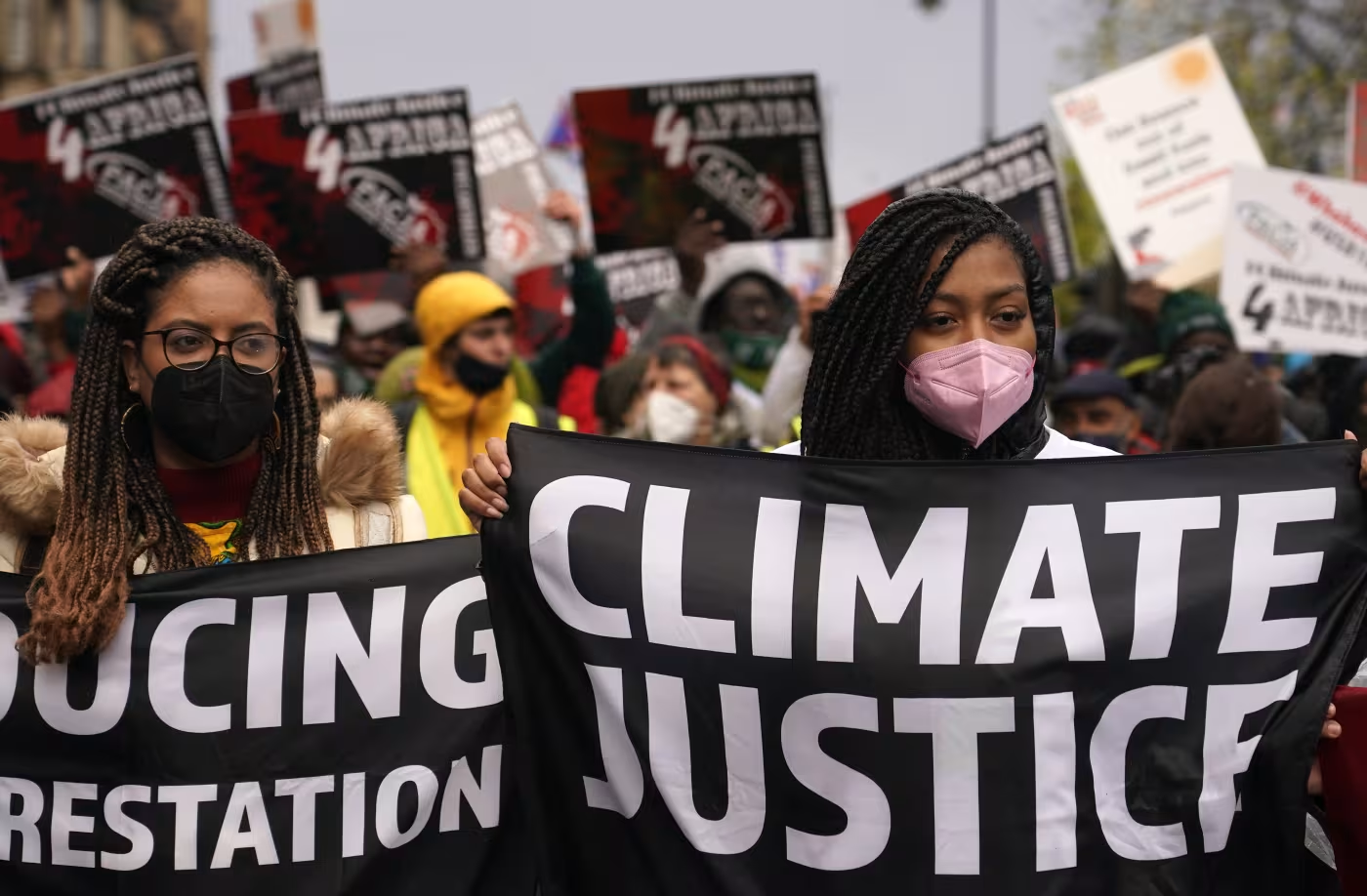Climate Protesters Face Harsh Prison Sentences as UK Courts Equate Activism with Violent Crime

While right-wing rioters recently caused chaos in UK communities, 22-year-old climate activist Cressie Gethin spent time in a prison cell. Her crime? Organizing protests against new oil-drilling licenses in the North Sea, where she and fellow activists disrupted traffic on the M25. Convicted of “conspiring to cause a public nuisance,” Gethin and three other Just Stop Oil members now face four-year prison terms, with co-founder Roger Hallam sentenced to five years.
These sentences, the longest ever for non-violent protests in the UK, were handed down under newly implemented laws aimed at curbing disruptive protests. The laws place organizing such demonstrations on par with violent crimes like robbery, a shift that alarms human rights groups.
The activists argue their actions were necessary to highlight the climate emergency, but the court and government have taken a hard line. Gethin, writing from prison, said, “A harsh sentence like this doesn’t make sense morally or legally, but it does politically.”
Controversial New Laws
The Public Order Act 2023 and the Police, Crime, Sentencing and Courts Act 2022 have expanded police powers, giving authorities more tools to arrest and sentence protesters. These laws were directly influenced by reports from right-wing think tanks like Policy Exchange, which has ties to fossil fuel companies, including ExxonMobil.
Despite pledges to transition to a net-zero economy by 2050, the UK government has continued issuing oil-drilling licenses, contrary to recommendations by climate scientists. This policy has sparked protests like those organized by Just Stop Oil, and now, activists face criminalization on a large scale, with over 3,000 arrested since 2022.
Public Reaction and Global Concerns
Amnesty International and other civil rights groups have condemned the new laws, calling them a sign of creeping authoritarianism. Critics argue that peaceful protest is being penalized on par with violent acts, with climate protesters facing sentences similar to those for robbery or rape. The UN’s Michael Forst, special rapporteur on environmental defenders, criticized the sentences, calling them “punitive and repressive.”
Despite the public outcry, the Labour government has yet to review the laws, which were introduced under the Conservative government of Rishi Sunak. Sunak’s ties to Policy Exchange and the fossil fuel industry have raised questions about political influence on climate legislation.
A Global Pattern
The UK is not alone in its crackdown on climate protests. Other wealthy nations, including the US and Australia, have implemented similar policing laws, often with backing from fossil fuel industries. In the US, at least 21 states have criminalized protests near critical infrastructure like oil pipelines, following the Standing Rock protests. These laws often share language drafted by right-wing lobbying groups like ALEC, which has long been funded by oil giants like Chevron.
Climate Protesters: Villains or Heroes?
The judge in Gethin’s trial barred any defense based on the climate crisis, a decision seen as undermining the activists’ motivations. Just Stop Oil’s actions, although disruptive, are aimed at preventing the catastrophic consequences of continued fossil fuel extraction. Despite the harsh sentences, activists like Gethin remain resolute, seeing their actions as part of a larger moral obligation to stop climate disaster.
Gethin’s imprisonment, she says, is just one chapter in the ongoing fight against the ecological and social upheaval caused by climate change. “Standing up for what is right,” she writes from her cell, “is something I can work for, whatever the future brings.”






















